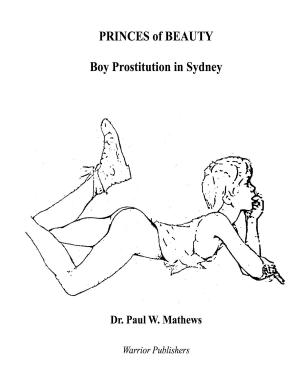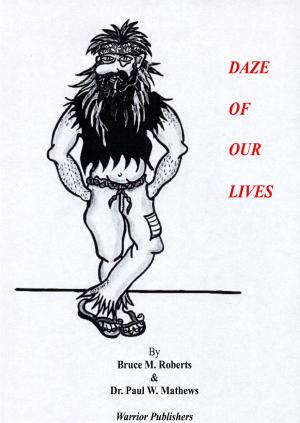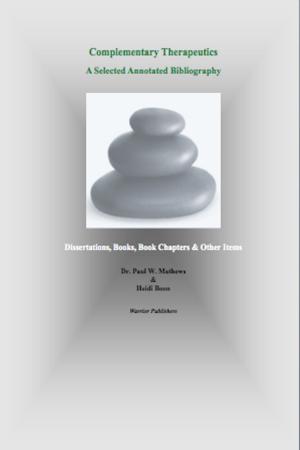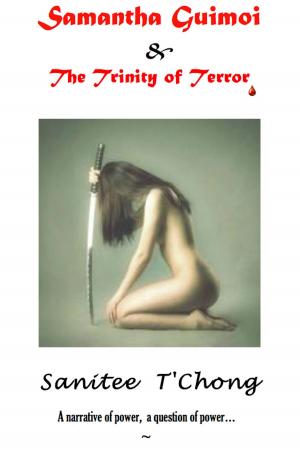Male Prostitution: Two Monographs
Nonfiction, Social & Cultural Studies, Social Science, Gender Studies, Gay Studies, Anthropology| Author: | Paul Mathews | ISBN: | 9781370318148 |
| Publisher: | Warrior Publishers | Publication: | August 31, 2016 |
| Imprint: | Smashwords Edition | Language: | English |
| Author: | Paul Mathews |
| ISBN: | 9781370318148 |
| Publisher: | Warrior Publishers |
| Publication: | August 31, 2016 |
| Imprint: | Smashwords Edition |
| Language: | English |
The first paper here describes salient aspects of male prostitution of Ermita (Manila, Philippines) in the 1980s and '90s. I suggest various reasons for such prostitution, how the boys reconcile their activities with church and societal morality, and also how they construct their sexual identity. The second paper is a critique of "Being A Prostitute", in which I argue that certain categories of male prostitutes have been excluded in various studies; these omissions, I suggest, were necessary to allow a hypothesis that most male prostitution derives from economic necessity—a recurrent economic determinism reminiscent of Havelock Ellis, and somewhat contrary to a broader structural approach. Implicitly at least, in both papers I indicate that boys are willing and able to accommodate a divergent sexual behaviour that does not conflict with their own self-image or the eventual expectations of society: the Western ideological notion that such boys are unwillingly or unwittingly exploited, corrupted and psycho-sexually scarred into becoming adult homosexuals or sex fiends is, I suggest, idiosyncratically Western.
The first paper here describes salient aspects of male prostitution of Ermita (Manila, Philippines) in the 1980s and '90s. I suggest various reasons for such prostitution, how the boys reconcile their activities with church and societal morality, and also how they construct their sexual identity. The second paper is a critique of "Being A Prostitute", in which I argue that certain categories of male prostitutes have been excluded in various studies; these omissions, I suggest, were necessary to allow a hypothesis that most male prostitution derives from economic necessity—a recurrent economic determinism reminiscent of Havelock Ellis, and somewhat contrary to a broader structural approach. Implicitly at least, in both papers I indicate that boys are willing and able to accommodate a divergent sexual behaviour that does not conflict with their own self-image or the eventual expectations of society: the Western ideological notion that such boys are unwillingly or unwittingly exploited, corrupted and psycho-sexually scarred into becoming adult homosexuals or sex fiends is, I suggest, idiosyncratically Western.















